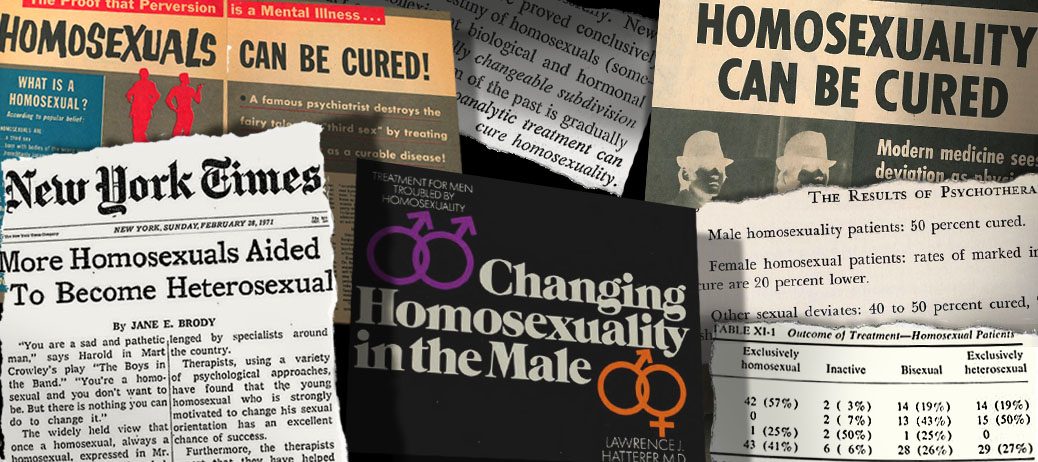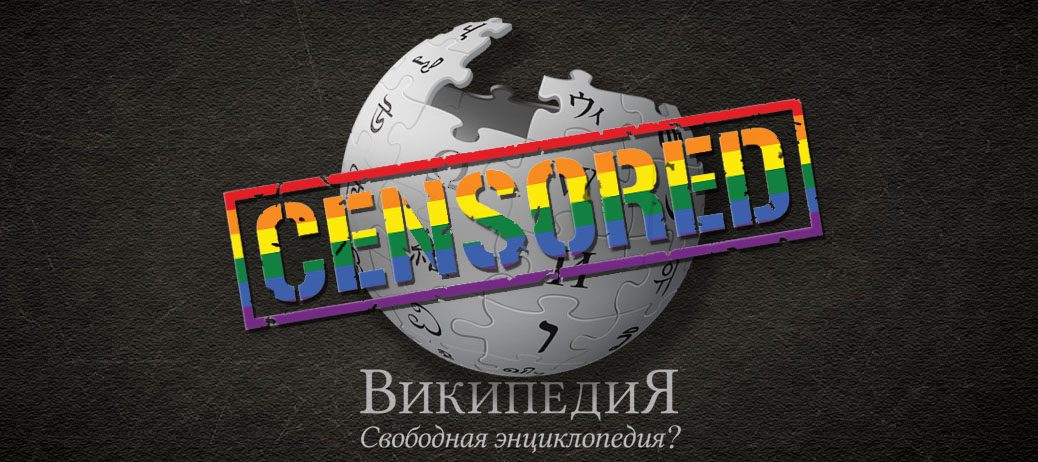V. Lysov
E-mail: science4truth@yandex.ru
Most of the following material is published in an academic peer-reviewed journal. Modern studies of social problems, 2018; Volume 9, No.8: 66 – 87: V. Lysov: “The fallacy and subjectivity of the use of the term“ homophobia ”in scientific and public discourse”.
DOI: 10.12731/2218-7405-2018-8-66-87.
Key findings
(1) A critical attitude towards homosexuality does not meet the diagnostic criteria of a phobia as a psychopathological concept. There is no nosological concept of “homophobia”, it is a term of political rhetoric.
(2) The use of the term “homophobia” in scientific activity to denote the entire spectrum of critical attitude to same-sex activity is incorrect. The use of the term “homophobia” blurs the line between a conscious critical attitude to homosexuality based on ideological beliefs and forms of manifestation of aggression, shifting associative perception towards aggression.
(3) Researchers note that the use of the term “homophobia” is a repressive measure directed against those members of society who do not accept the consolidation of a homosexual lifestyle in society, but who do not feel hatred or unreasonable fear of homosexual individuals.
(4) In addition to cultural and civilizational beliefs, the basis for a critical attitude to same-sex activity, apparently, is behavioral immune system — biological reaction disgustdeveloped in the process of human evolution to ensure maximum sanitary and reproductive efficiency.






